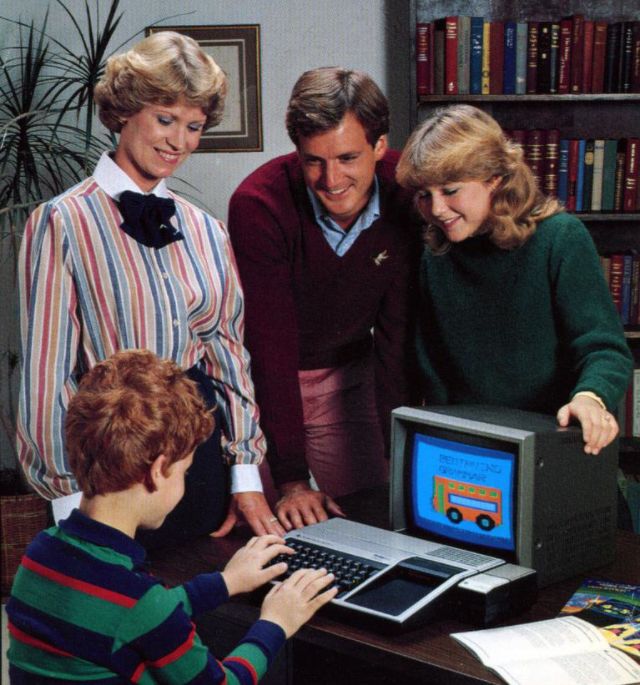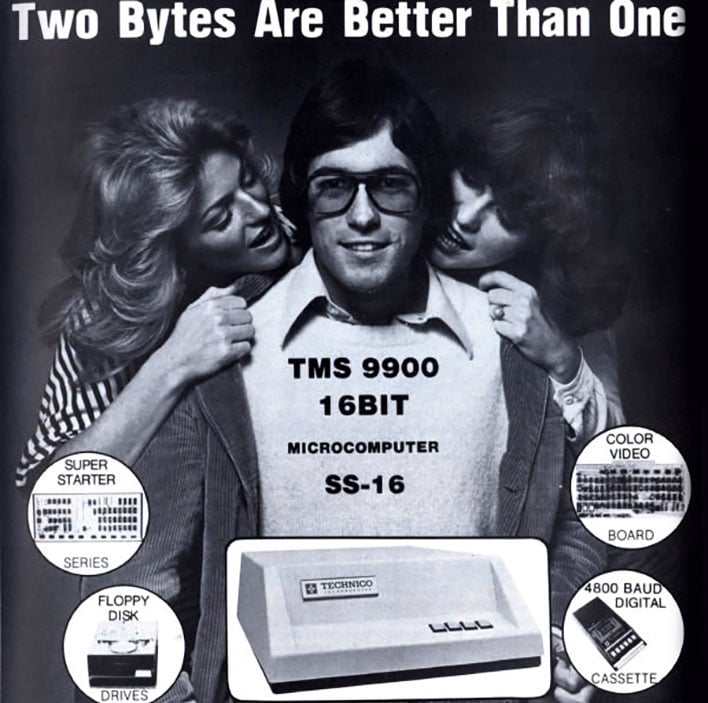falter
Veteran Member
Question: is there a difference between a "personal computer" and a "home computer"? I ask this because sometimes when I do videos or such, I'm not sure which term is appropriate to apply to the earliest machines we think of as the first 'personal' computers (mostly microcomputers). I feel like when people say "the first personal computer that.." they usually mean a "home" computer, something the average person can afford. I can't prove it at the second, but I'm sure when reading through historical docs I've seen references to "personal computers" prior to the arrival of microcomputers in the early 1970s, but in that context they meant a business computer that was operated or used basically by one person. I know for example Dr. John Mauchly apparently developed a 50lb suitcase computer of some sort in the early 60s that could be considered 'personal', and he made a lot of predictions about "personal computers" going forward.
Am I correct on that latter point? Did such a thing exist? Were people using the term "personal computer" to describe an individual use machine that actually existed well prior to microcomputers? Is there a distinction between "personal computer" and "home computer" in an historical context? Obviously I'm leaving aside "personal computer" as it applies to DOS/Windows based machines that came later.
Am I correct on that latter point? Did such a thing exist? Were people using the term "personal computer" to describe an individual use machine that actually existed well prior to microcomputers? Is there a distinction between "personal computer" and "home computer" in an historical context? Obviously I'm leaving aside "personal computer" as it applies to DOS/Windows based machines that came later.
Last edited:


